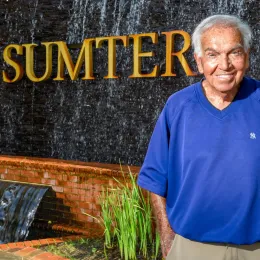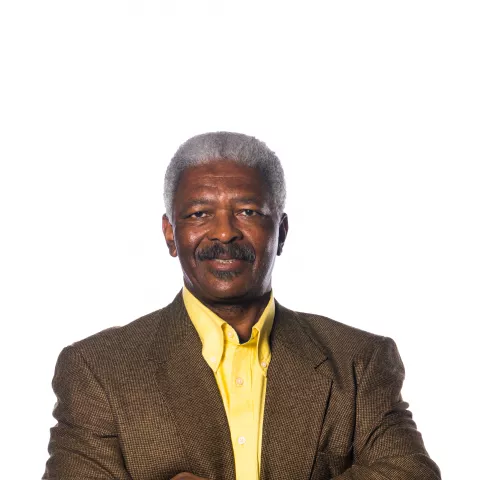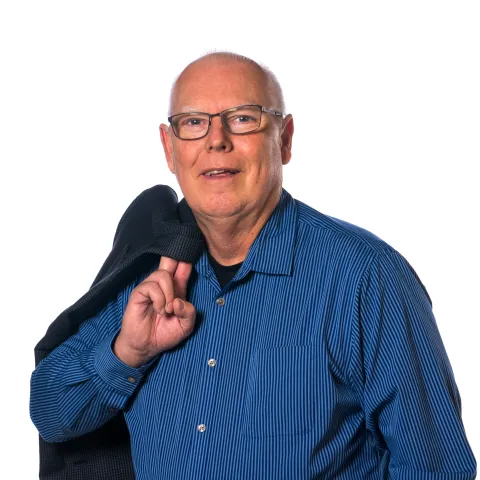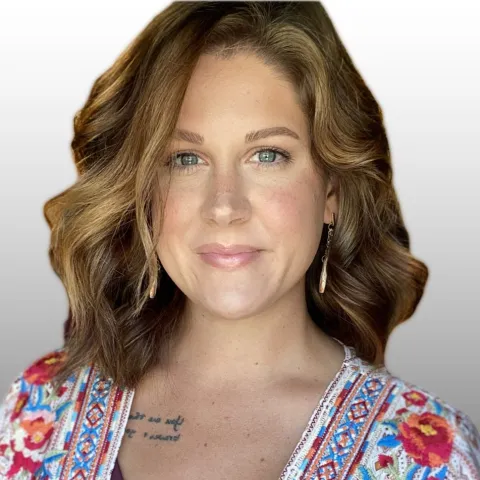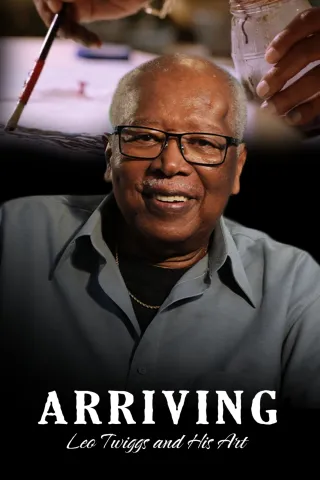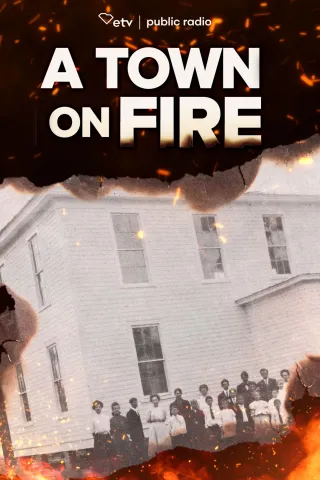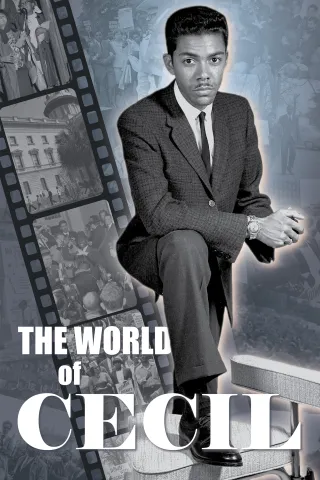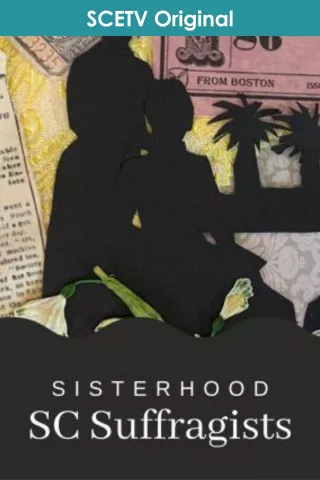About the Documentary
At nineteen years-old, a quick-handed Christian from tiny Sumter, SC, Bobby Richardson, becomes the starting second baseman for the most famous, and rowdiest, team in America, the New York Yankees.
He’ll play ten seasons among legends including Mickey Mantle and he remains the only World Series MVP from a losing team, but he’ll be remembered most for the grace and decency he showed while using baseball as a platform to spread goodwill for nearly 90 years.
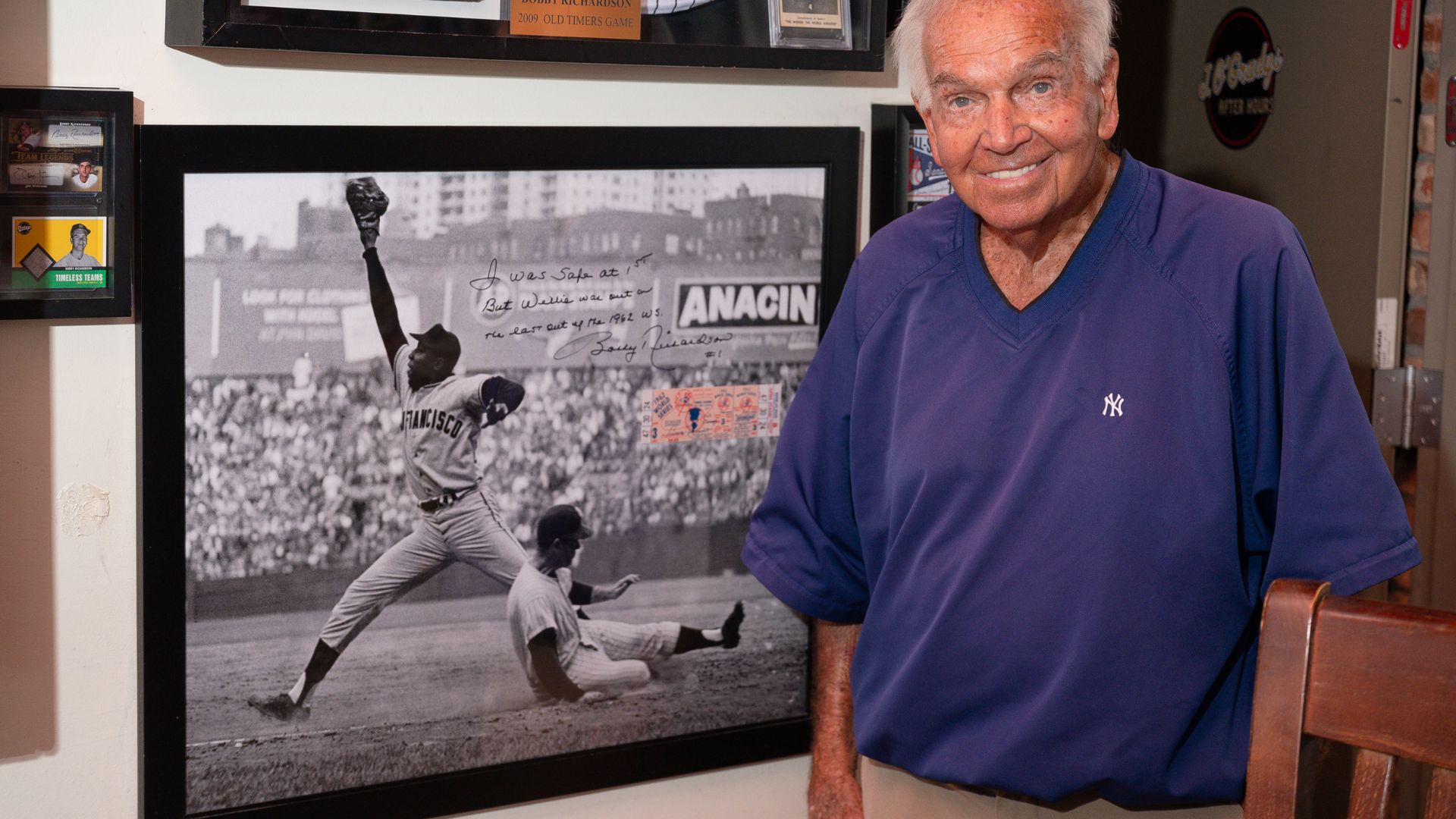
About Bobby Richardson
Robert Richardson lived every post-WWII young boy’s dream. He played baseball for the New York Yankees with Mantle, Berra, Maris, and Ford. When baseball ruled American sport, and the Yankees were in the World Series year after year, Bobby Richardson was playing second base and batting first for ten seasons. More information can also be found on bobbyrichardson.com.
- Read More
He was at his best in the World Series. He played in 30 consecutive World Series games, becoming the only Series MVP from a losing team in 1960, when the Pirates beat the Yankees in game seven on Bill Mazeroski’s famous home run.
Richardson still holds the World Series records for most hits in a series and most RBI. At second base, he and shortstop Tony Kubek were the most effective middle infield of their era.
When he arrived in New York, the Yankees had a reputation as a rowdy bunch, but Bobby Richardson was different. He didn’t drink or smoke or use foul language. He spent his off time in church or playing ping-pong or at home with his family. The clean-cut, slick-fielding, contact hitter was married to his hometown sweetheart, Betsy, by the time he gets to New York. He had also committed is life to Christ.
Bobby Richardson enjoyed baseball, and he was very good, finishing second behind Mantle in the 1962 season, but he had a bigger calling.
Bobby found in the Yankee clubhouse acceptance and respect. He also found he could use baseball as a platform.
His teammates, especially Mantle, appreciated his character. Fifteen of them would ask Bobby to speak at their funerals. At times, many would call or visit when they were facing difficult times in their lives, long after their playing days.
Bobby retired from baseball early, at 31 years old. He never earned much money from baseball, but he didn’t worry about that. He was able to return to Sumter and create the family life he preferred. He went on to speak at Billy Graham crusades and hundreds of national and local events, including twice at the White House. He coached college teams and even ran for Congress.
There are no monuments to Bobby Richardson in Yankee Stadium, a place full of monuments. Instead, his monuments are in Sumter. He is honored at ballparks and in restaurants and displays throughout the city. Visit the Guinard Diner most days and you’ll find him offering to help any and everyone who comes to his table with a request.
He still gets dozens of autographs in the mail each week and he answers each request cheerfully in his clear penmanship.
At 85, Bobby learned to cook. Now he makes breakfast each day for Betsy. It’s a skill that surprises his friends and family, until they consider that Bobby has lived his life in service to others. His fame is just a tool to offer comfort and wisdom to those who seek it. It sounds improbable, even unbelievable, and yet his daily life is full of examples of his authenticity.
We tell Bobby’s story through a series of interviews recorded as far back as 1963. We hear from baseball experts including Bob Costas, Joe Posnanski, and Marty Appel. Bobby’s childhood friends, his former players, and faith leaders all appear. As evangelist and retired Marine officer Clebe McClary says of Bobby’s character, “A lot of people talk about it. Bobby lived it.”









